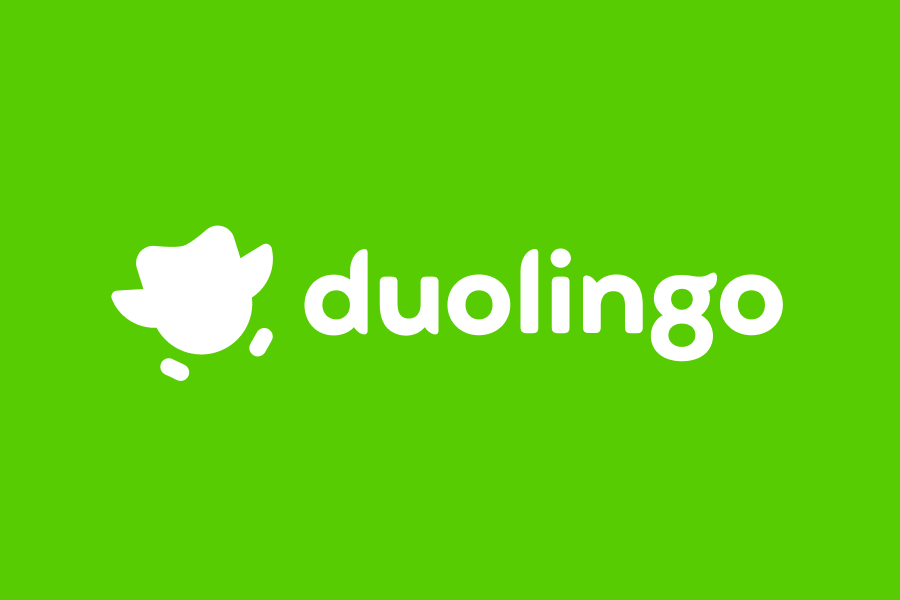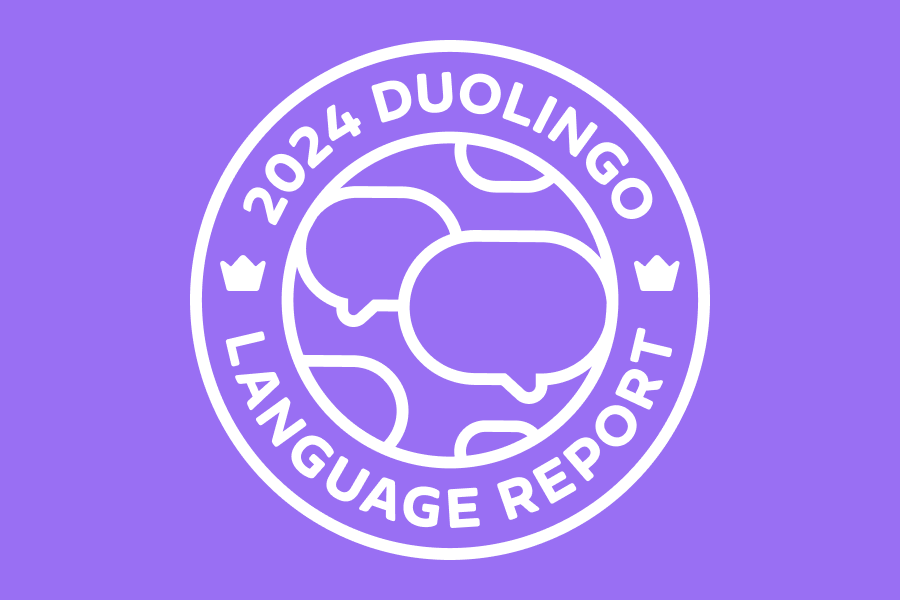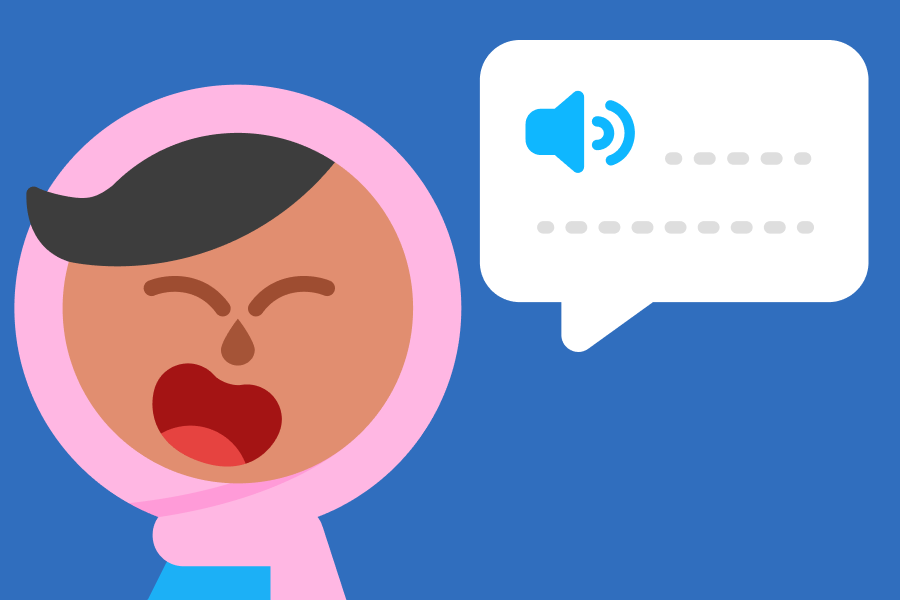Duolingo courses are fun and easy to use, but we also want to help our learners achieve their goals. That's why we hold ourselves accountable with rigorous efficacy research, and—in case you were wondering—the research shows that Duolingo really works!
Our Efficacy Research Lab brings together learning experts with PhDs in applied linguistics, assessment science, and cognitive psychology to conduct learning research with new and existing users around the globe. We ensure that Duolingo learners acquire real-life communication skills by applying our comprehensive learning framework and the Common European Framework of Reference for Languages (CEFR), an international proficiency standard, to our courses.
Here are 4 things we know about learning with Duolingo:
- Duolingo learners improve all language skills
- Duolingo is as effective as classroom learning
- Duolingo courses are evolving to teach better
- Learners who use Duolingo's AI tools build confidence
Here's how we hold ourselves accountable to our learners.
Duolingo learners improve all language skills
Our research program evaluates learning across the four skills needed for communication—reading, writing, speaking, and listening—and at different levels of proficiency.
A recent study found that university students learning Spanish with Duolingo significantly improved in all four language skills after just three months. In fact, after just 4-6 weeks of using Duolingo, beginners achieved 90% accuracy in a test of short spoken and written conversation!
These results also extend to our English courses. In one study, learners who had completed the A2 CEFR level of Duolingo's English content scored above A2 in reading and listening on an independent standardized test.
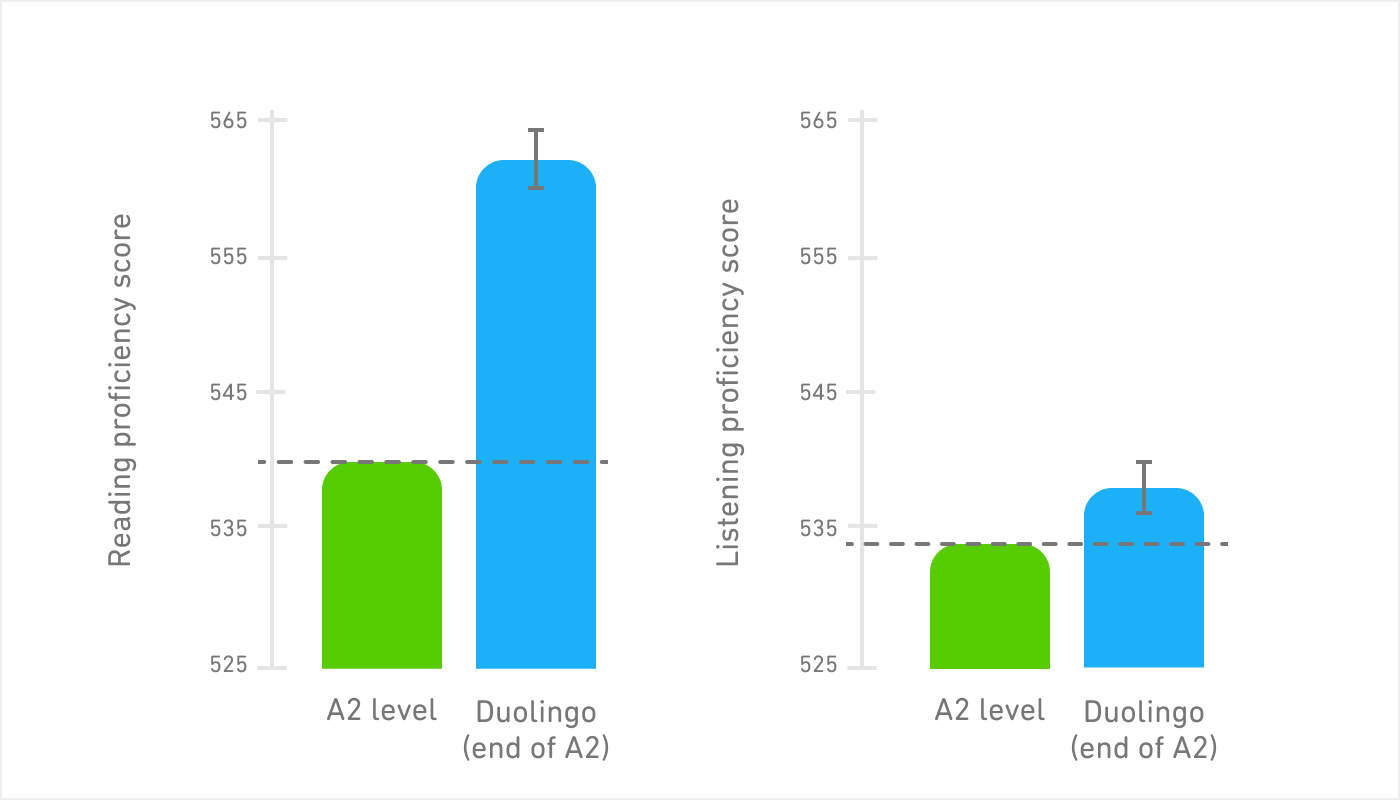
Duolingo is as effective as classroom learning
Formal courses at universities have long been the gold standard of language education, but they aren't accessible or affordable for all learners. Luckily, Duolingo courses make the grade! After completing five sections of Duolingo—half of intermediate-level B1 content—French and Spanish learners knew as much as university students who took five semesters of language classes.
In some cases, Duolingo learners outperform their university peers. In an independent study of English learners in Colombia, learners who used Duolingo for one semester significantly improved in speaking, writing, reading, and listening, while university English students did not.
Teachers also recognize Duolingo's effectiveness. In a survey of language teachers in North America, the vast majority thought Duolingo was effective (97%) and efficient (96%) for language learning, and 96% said they would recommend Duolingo to learners!
Duolingo courses are evolving to teach better
In 2022, we introduced our new "path" design, and to test the impact of the change on learning outcomes, we compared learners who studied with the old design with those who used the new path. Learners in the new system had improved learning outcomes, including higher reading and listening scores.
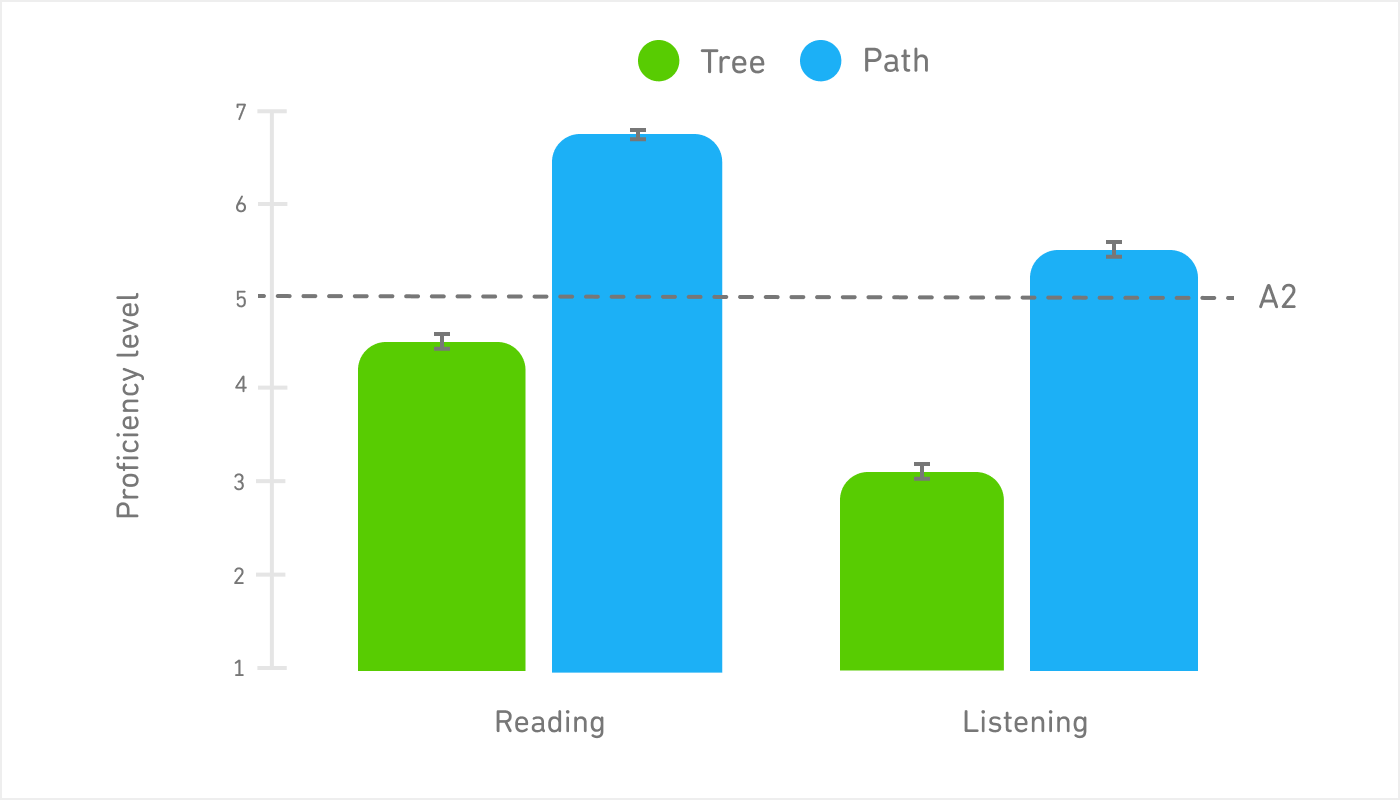
Learners who use Duolingo's AI tools build confidence
At Duolingo, we started using AI to improve learning long before ChatGPT hit the scene. For example, our courses have long used a proprietary machine learning model (Birdbrain) to tailor the difficulty of lessons to each learner.
Today we also offer learners AI-powered features to practice conversation and get personalized grammar information. A recent study found that over 90% of learners who used these AI tools in their courses for a month felt prepared to use their new language in real-life situations. Even more impressive is that over 60% of learners said they used what they learned on Duolingo outside the app, for instance to ask for directions or order food while traveling. Stay tuned for a full report on this study!
The evidence speaks for itself: Duolingo works!
Our efficacy research program shows that Duolingo helps learners achieve meaningful language goals. As we continue to expand and improve our courses, our research team will keep evaluating and testing how well we're serving our learners—because they deserve the best education in the world.
